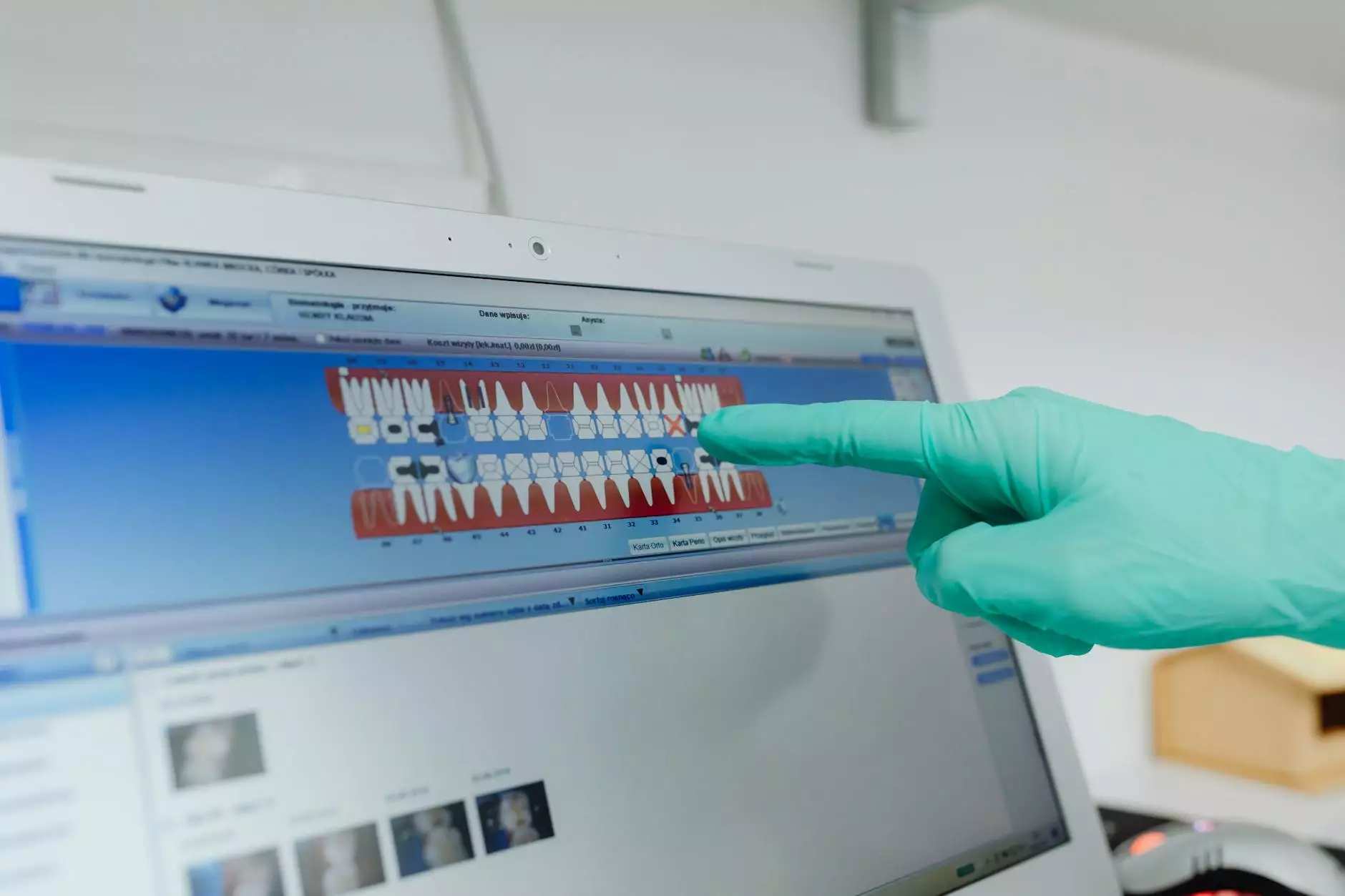Maximizing Business Success in Home & Garden: The Impact of HR 13690 on Furniture Stores and Home Decor

In today's dynamic marketplace, understanding legislative developments like HR 13690 is vital for businesses operating within the Home & Garden sector. This comprehensive article explores how such policies influence furniture stores, home decor outlets, and related enterprises, providing invaluable insights for entrepreneurs, managers, and stakeholders striving for sustainable growth and competitive advantage.
The Significance of HR 13690 in the Home & Garden Sector
HR 13690 is a legislative bill that holds sway over a broad spectrum of business activities—including supply chain regulations, safety standards, and trade policies—in the Home & Garden realm. Its implications are profound, affecting everything from product quality to import/export logistics, thereby shaping the operational landscape for furniture stores, home decor vendors, and related establishments.
For businesses aiming for excellence and longevity, understanding the nuances of HR 13690 is crucial. Not only does this legislation set standards that enhance consumer safety and satisfaction, but it also offers opportunities for forward-thinking companies to innovate, differentiate, and lead in their respective markets.
Understanding the Core Provisions of HR 13690
To appreciate how HR 13690 impacts your business, it is essential to familiarize yourself with its core provisions:
- Enhanced Product Safety Regulations: Requirements for rigorous testing and certification to ensure furniture and decor items meet safety standards, decreasing liability and increasing consumer trust.
- Trade and Import Policies: Modifications to tariffs, import quotas, and customs procedures that can influence sourcing strategies, especially for imported furniture and decor products.
- Sustainability and Environmental Compliance: Mandates for eco-friendly manufacturing processes, recyclability, and responsible sourcing, aligning with global green initiatives.
- Labor and Ethical Standards: Enforcement of fair labor practices and ethical sourcing, which bolster brand image and meet customer expectations for corporate responsibility.
- Technological Innovation and Data Privacy: Regulations incentivizing the adoption of smart technologies in furniture and home decor, alongside safeguards for consumer data privacy.
Implications of HR 13690 for Furniture Stores
Furniture stores serve as the cornerstone of the Home & Garden segment, and legislative changes like HR 13690 directly influence their operations and strategic planning. Here are some key implications:
1. Elevation of Product Quality and Safety Standards
With stricter safety regulations, furniture retailers now face heightened requirements for product testing, material transparency, and certification. This shift encourages stores to collaborate with reputable manufacturers that comply with mandated standards, thereby enhancing reputation and customer confidence.
2. Streamlined Import and Supply Chain Management
Changes in trade policies necessitate a reevaluation of sourcing channels. Furniture stores relying heavily on imported goods must navigate new tariffs, customs procedures, and compliance protocols. Establishing strong relationships with reliable suppliers and leveraging local manufacturing can mitigate these challenges, reducing costs and lead times.
3. Adoption of Sustainable Practices in Inventory and Operations
An emphasis on sustainability encourages furniture stores to incorporate eco-friendly materials and processes. This not only aligns with legal mandates but also resonates with environmentally conscious consumers, fostering brand loyalty and social responsibility.
4. Investment in Training and Certification Programs
To meet evolving standards, staff training becomes essential. Investing in certification programs ensures that employees understand compliance requirements, customer service excellence, and safety protocols—ultimately leading to improved operational efficiency.
Impact of HR 13690 on Home Decor Businesses
The home decor segment, characterized by its diverse product offerings, faces unique challenges and opportunities under HR 13690. Here’s how businesses in this niche can adapt:
1. Emphasizing Product Transparency and Sustainable Sourcing
Customers increasingly demand transparency about the origins of decorative items, textiles, and accessories. Compliance with sustainability mandates enhances credibility and differentiates brands in a crowded marketplace.
2. Leveraging Technology for Innovation
Regulations promoting technological advancement motivate decor companies to adopt smart home accessories, augmented reality, and virtual visualization tools—delivering superior customer experiences and expanding market reach.
3. Strengthening Ethical and Fair Trade Practices
Implementing ethical sourcing policies ensures compliance with legislative standards and enhances brand integrity. This approach appeals to socially responsible consumers, bolstering long-term growth prospects.
4. Improving Supply Chain Resilience
Diversifying suppliers and integrating local artisans reduce dependency on complex international logistics, minimizing risk under changing trade regulations.
Strategies for Businesses to Thrive Amid Legislative Changes
Navigating the landscape shaped by HR 13690 requires proactive strategies. Here are essential measures for Home & Garden businesses aiming for sustainable growth:
- Invest in Compliance Infrastructure: Establish dedicated teams or partnerships to monitor legislative updates and ensure adherence to safety, environmental, and ethical standards.
- Build Relationships with Reputable Suppliers: Develop partnerships with manufacturers that prioritize quality, safety, and sustainability, ensuring your inventory aligns with legal requirements.
- Embrace Innovation and Technology: Incorporate smart technology, virtual reality, and data analytics to enhance product offerings and customer engagement.
- Focus on Consumer Education and Transparency: Clearly communicate product details, sourcing, and safety certifications to foster trust and brand loyalty.
- Leverage Marketing for Green and Ethical Branding: Highlight eco-friendly and ethical practices in your marketing campaigns to attract a conscious customer base.
- Optimize Supply Chain Management: Streamline operations with modern logistics solutions to adapt to new trade policies efficiently.
- Train Your Workforce: Equip your staff with knowledge about new standards, safety protocols, and customer service excellence to ensure operational readiness.
Emerging Opportunities for the Home & Garden Market Post-HR 13690
Although legislative changes present challenges, they also open doors for innovation and differentiation. Here are opportunities to harness:
- Development of Eco-Friendly Product Lines: Tap into increasing consumer demand for sustainable furniture and decor items.
- Expansion of Local Sourcing and Manufacturing: Minimize import-related barriers by fostering local communities and artisans.
- Integration of Smart Technologies: Create smart furniture and home decor solutions that enhance convenience, security, and energy efficiency.
- Educational Content and Brand Positioning: Position your business as a leader in safety, sustainability, and ethics through content marketing and community engagement.
Conclusion: Building a Resilient Business in the Era of HR 13690
As HR 13690 continues to influence regulations within the Home & Garden sector, businesses that proactively adapt will position themselves for success. Embracing compliance as an opportunity for innovation, transparency, and consumer trust can transform challenges into competitive advantages.
Successful companies in furniture and home decor will be those that prioritize quality, sustainability, ethical practices, and technological integration—aligning with legal standards while meeting evolving customer expectations. Strategic planning, investment in workforce training, and forging strong supply chain partnerships are essential steps toward thriving in this new legislative landscape.
Ultimately, your business can not only comply with HR 13690 but excel by positioning itself as a leader in safety, sustainability, and ethical integrity within the vibrant Home & Garden market.









